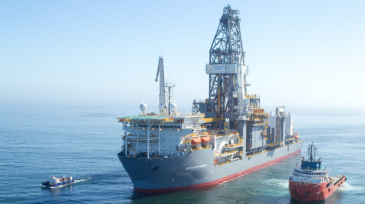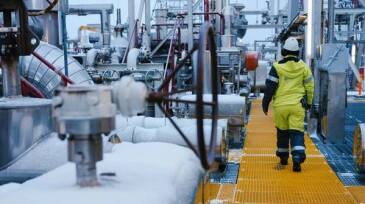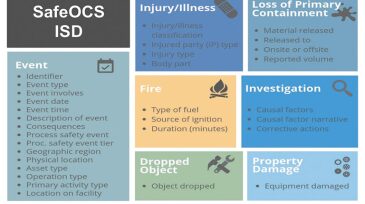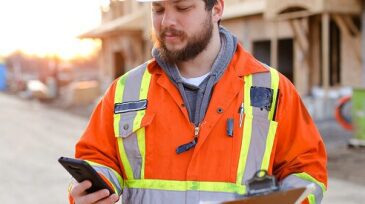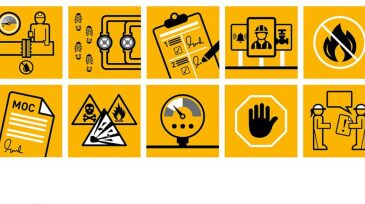Safety
The company said its frequency of serious incidents was down at the end of the year from its levels at the end of 2024.
This paper examines how real-time monitoring can improve both incident prevention and emergency response in the oil and gas industry. Drawing from real-world examples and case studies, it provides practical strategies for implementing this technology effectively.
This paper presents a novel application of artificial intelligence in computer vision for automating blowout-preventer pressure-chart-data extraction, demonstrating significant efficiency gains and a high return on investment.
-
The Indian Coast Guard has recovered the bodies of three crew members from the offshore supply ship Greatship Rohini, which caught fire on 13 February.
-
New proximity-based safety process watches the drill floor on board the drillship Deepwater Conqueror.
-
Norwegian oil and gas firm Equinor said it would work to improve safety in its operations following several serious incidents and injuries in the past year.
-
Keeping employees on their feet takes more than a casual reminder to “watch your step” during daily toolbox talks.
-
Just a few weeks after the Colorado Oil and Gas Conservation Commission's final approval of a statewide 2,000-ft setback between new wells and some buildings, Boulder County commissioners have adopted even stricter requirements.
-
In the aftermath of the Deepwater Horizon oil spill, the oil and gas industry, regulators, and other stakeholders recognized the need for increased collaboration and data sharing to better identify safety risks and address them before an accident occurs.
-
A presentation at the 2020 Offshore Technology Conference Asia described a study of unmanned aerial vehicles operated by off-site pilots based in remote control centers many miles from the facility.
-
Smartphone apps can help workers manage their own personal health information.
-
We can long for things to return to "normal," and they may to some extent. But the changes in our culture that the pandemic brought will have a lasting impact.
-
The International Association of Oil and Gas Producers developed its Process Safety Fundamentals report to support companies as they seek to reduce, and ultimately eliminate, severe and fatal process-safety events.





